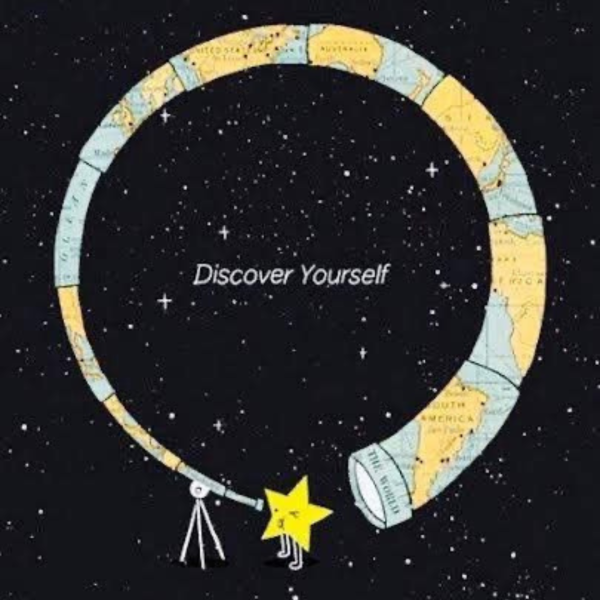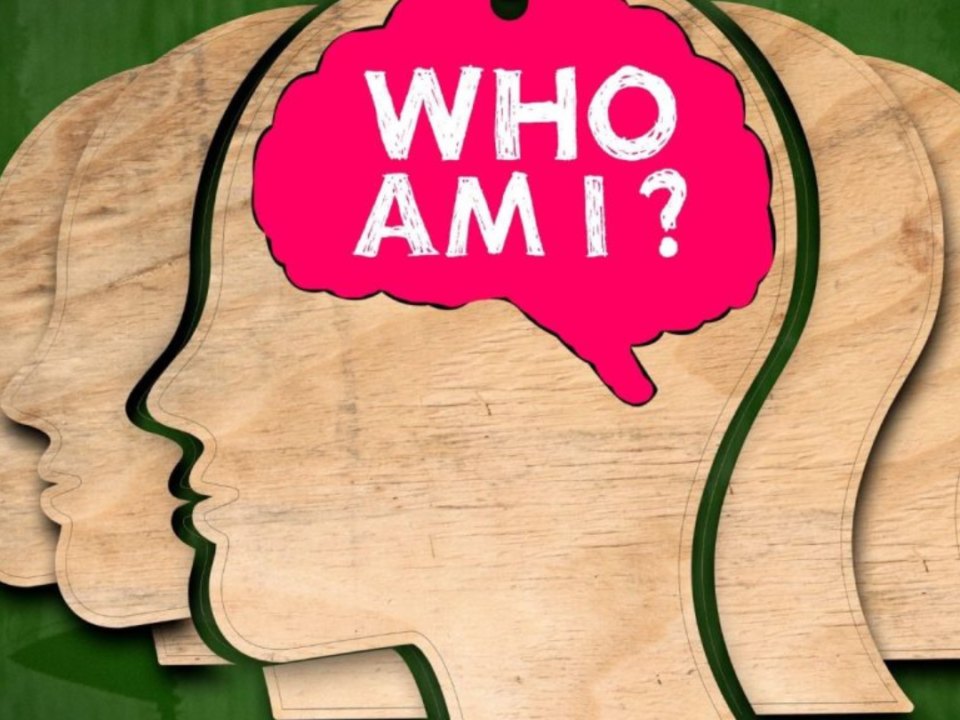Coaching vs. Psychology: The Key Differences
Coaching, at its heart, is about transformation. It empowers individuals to uncover their own potential and provides the tools to achieve meaningful growth. Unlike traditional psychology, which often looks to the past to heal, coaching is future-focused. It’s about envisioning where you want to go and finding the steps to get there. This is why coaching matters: it encourages self-discovery, accountability, and resilience, unlocking pathways that lead to personal and professional fulfillment.
Focus on the Future vs. Healing the Past
Psychology primarily addresses mental health, delving into past experiences to resolve deep-seated issues. Coaches, on the other hand, focus on the present and future, guiding clients toward their personal or career goals.Goal-Oriented vs. Therapeutic Approach
Coaching is goal-oriented, helping individuals break down ambitions into achievable steps. Psychology often provides therapeutic support to understand and manage emotions, diagnoses, and behavioral challenges.Client-Led Transformation
Coaching sessions are collaborative, with the client in control of defining their objectives. Psychologists may lead sessions based on clinical assessments to treat or manage specific conditions.
While both professions involve listening, empathy, and support, the paths diverge. Coaches act as partners on a journey toward self-realization, whereas psychologists are experts in mental health, providing guidance to address complex emotional needs. Each plays an essential role, and understanding this distinction helps individuals choose the right support.





